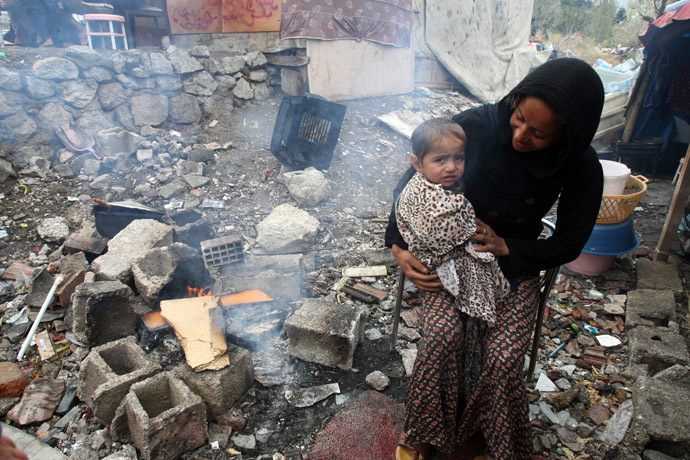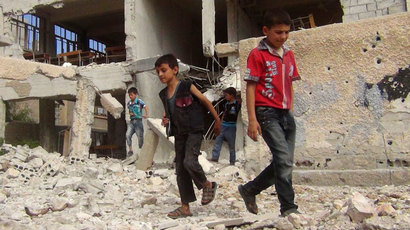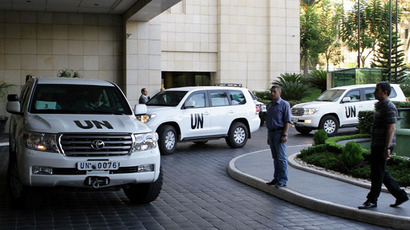‘Syrian refugees lack food, water to survive each and every day’ – Red Cross
Syrian refugees lack enough food and water to survive, Peter Maurer, President of the International Committee of the Red Cross, told RT. He called on the world to press the warring parties to allow humanitarian assistance to the needy.
If the conflict between the Syrian government of Bashar Assad and
the Islamist opposition continues to escalate, almost a quarter
of Syrian will be forced to flee their country by the end of
2014, the United Nations warned.
According to UN statistics, around 3.2 million Syrians are
expected to be registered as refugees by the end of 2013, with
that figure rising to more than 5.2 million next year. Some 6.5
million people could also be displaced within the country by the
end of 2014.
Feeding the Syrian refugees is “increasingly difficult” as
the number of humanitarian aid they receive is insufficient,
Maurer said.
“They lack food, water and elementary household items to
survive each and every day. In particularly, they have
difficulties to get health care and to get to doctors, to
hospitals,” he said.
Maurer said it was not insufficient funds, but “lack access for
the humanitarian actors… to the civilian population,” which
prevents the displaced Syrians from getting the help they
require.
“We certainly don’t have unimpeded access in Syria. And, in
particular, it’s very difficult to have access into the combat
zones in Syria,” he said. “Negotiating such access with
the representatives of the Syrian governments, but also the armed
opposition, is a daily challenge for our delegates on the ground.
Sometimes they are successful and they manage to cross the line
and get into contested areas. Other times we remain frustrated –
as many Syrian are – that access is so difficult to negotiate at
the present moment.”
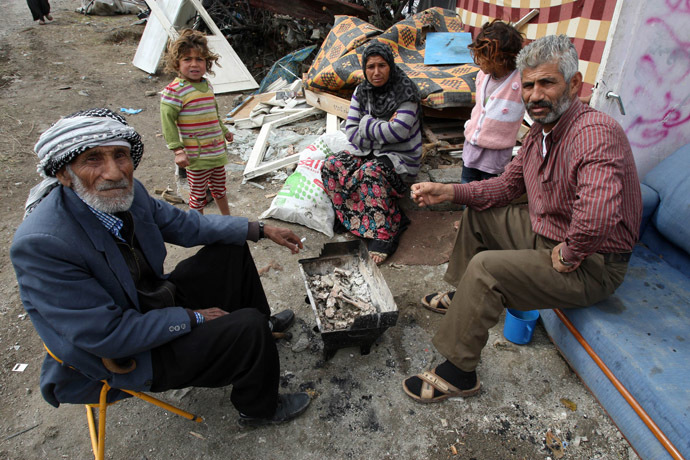
Maurer urged the international community “to exert maximum influence on all parties in the Syrian conflict to allow independent [humanitarian] actors to do their work in Syria.”
“We don’t do enough at the present moment because of the security situation; because of the blockages between the Syrian government and the armed opposition,” he said. “So, we definitely need to expand our operation in Syria – so that not more Syrians become refugees and become destabilizing factor in the neighboring countries.”
Lebanon currently hosts the largest number of refugees from
Syria, with some 780,000, followed by Jordan (535,000) and Turkey
(500,000).
Thousands of Syrians also fled to Egypt and Iraq, with the UN
expecting to see more refugees in Europe and North Africa next
year.
“I think the neighboring countries [around Syria] need badly
to be supported in their efforts to cope with those arriving from
Syria; access within Syria has to be improved and this is the
best way not to have a major and further migration move into
Europe and other parts of the world,” Maurer said.
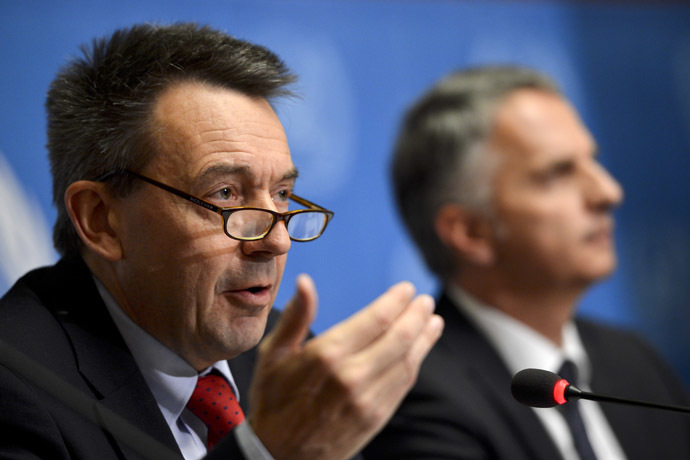
Chemical weapons disarmament in Syria, which began Monday, has been the focus of the international diplomatic effort in recent weeks.
The US and its allies blamed Assad forces for using sarin gas
against peaceful civilians in an alleged chemical attack near
Syrian capital, Damascus, on August 21. Assad has denied this
accusation, saying that the gas was used by rebels instead.
But the US “limited military action” against Assad was put
on hold after a Russian proposal to hand the Syrian chemical
weapons arsenal to international inspectors for destruction was
fully backed by the Syrian authorities.
The civil war, in which the government is fighting the
Western-backed Islamist militants, has been raging in Syria since
March 2011, claiming over 100,000 lives, according to UN
estimates.
